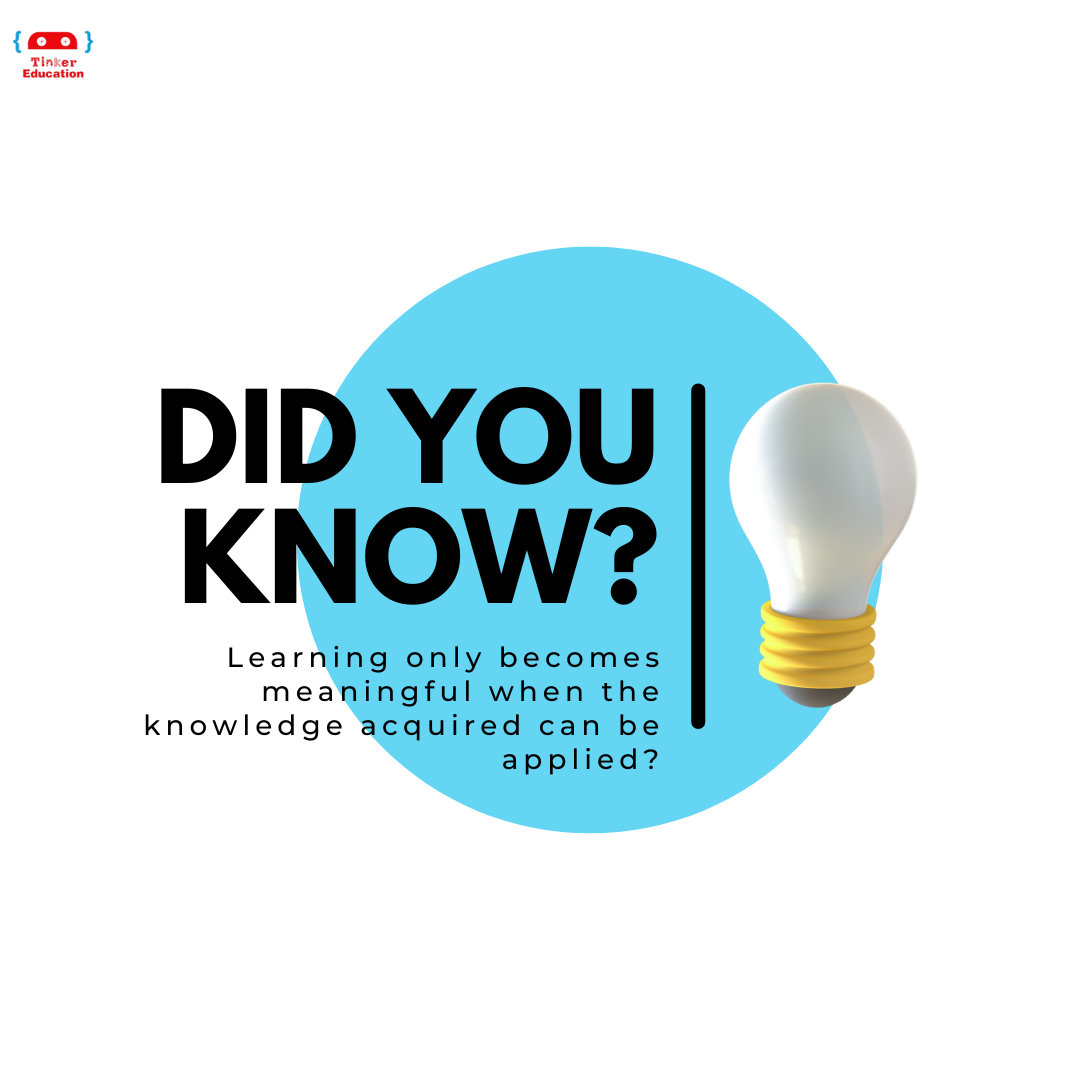Do you know what is common among Bill Gates, Mark Zukerberg, Jack Dorsey, and Elon Musk? They all started to code when they were very young.
Elon, for example, taught himself the BASIC programming language when he was only 10. By 12, he was building games such as BLASTER. He sold this game to a PC magazine for $500.
Bill Gates wrote his first computer program at the age of 13 years old. While in high school, together with other fellow students, they formed a programming club that helped computerize their school’s payroll system. He soon formed a company that sold traffic-counting systems to local governments.
Mark Zuckerberg got his first computer while in grade 6. That is when he started learning how to code. He didn’t choose code because he wanted to be a master of computer science, but because he simply wanted to make something fun for himself and his sisters.
At 13, Jack Dorsey learned how to program his first dispatch routing software. He is known for being the founder of Twitter and Square.
What do all these mean? Getting an early start may have a big impact on our children’s future. In the Kenyan context, we are seeing a lot of tech moves being made. Big tech corporations setting foot in the country and seeking local talent to help spur their goals.
Learning is good. But what is the benefit of learning something and not knowing how to apply it to meet a greater goal? Tinker Education’s new program is set to prioritize the application of the knowledge learned in the classroom. Our students will not just learn about contemporary technology, but they will also be molded into persons who can apply their knowledge to achieve a common good.




Leave A Comment